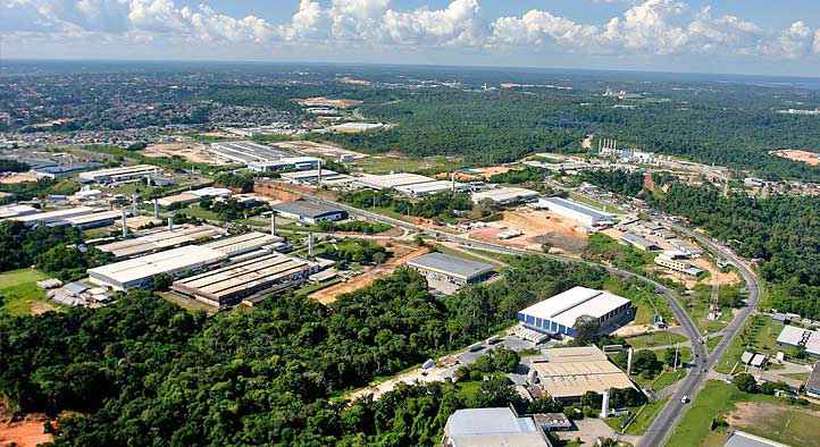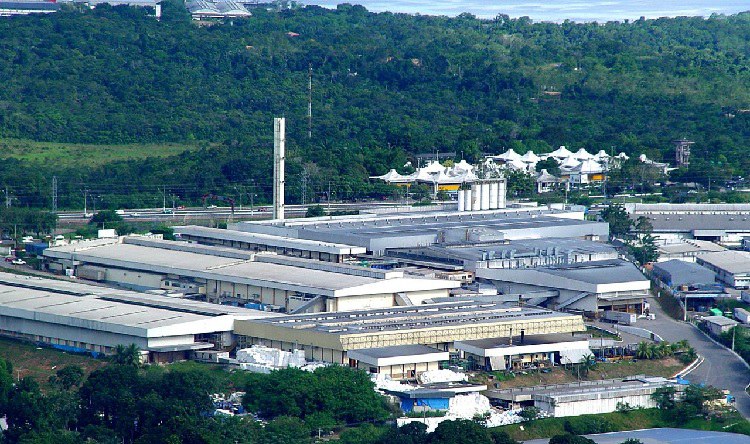End of R$ 200 billion in incentives puts Manaus Free Trade Zone on alert
18 de March de 2025

By Letícia Misna – By Cenarium
MANAUS (AM) – The Extraordinary Secretary for Tax Reform, Bernard Appy, stated that by 2033 at least R$ 200 billion in incentives from the Tax on the Circulation of Goods and Services (ICMS) will be abolished following the Tax Reform. This will cause companies that migrated to other locations in the country in search of tax advantages to return to their states of origin. The statement puts the Manaus Free Trade Zone (ZFM) on alert, according to a specialist consulted by CENARIUM.
The statement was given to Folha de São Paulo. According to the secretary, even though companies do not openly discuss returning, tax law offices have already been receiving requests from companies interested in understanding the scenario without incentives.

In an interview, Altamir Cordeiro, former vice-president of the Regional Council of Economics (Corecon) of the 13th Region/Amazonas and Roraima, stated that the Manaus Free Trade Zone (ZFM) will not be affected by the change, but that it is always necessary to remain vigilant regarding possible legislative changes.
“The end of the fiscal war between the states will bring about a shift concerning companies that were established due to the granted tax incentives. With the end of these incentives, only the companies already established in the ZFM will continue to benefit until 2073,” he said. “At least for now, we are protected, but we must always remain alert in the National Congress to ensure the legislation is not changed.”
Antônio Silva, president of the Federation of Industries of the State of Amazonas (Fieam), also commented on the topic with CENARIUM, emphasising that “Appy’s statement does not refer to the Manaus Free Trade Zone but to a series of other tax incentives that were granted without proper legal backing in the so-called fiscal war.”
“The tax treatment of the Manaus Industrial Hub has constitutional provisions and was fully preserved in the Tax Reform. This preservation was crucial to ensuring the competitiveness of local industries and the legal security necessary to attract new investors,” he stated.
Reduction of incentives
The reduction of incentives will begin in 2029. According to Appy, some will be compensated by the Tax Benefits Compensation Fund, which will have R$ 160 billion distributed by the states to companies until 2032. According to the secretary, the abolition of R$ 200 billion, in turn, will not represent an increase in revenue.
Brazilian states will also have access to resources from the National Regional Development Fund, transferred by the Union for investments in infrastructure, innovation, scientific and technological development, and productive activities to compensate for the end of the fiscal war.
According to analysts, the sectors most likely to migrate are:
- Wholesale distribution centres;
- Pharmaceutical industry;
- Car manufacturers, especially those currently located in the Northeast.
São Paulo may be one of the states that “receives back its companies” the most, as they will now be able to weigh consumer market, qualified labour, and proximity to raw materials, rather than focusing solely on tax incentives.
(*) With information from Folhapress.

